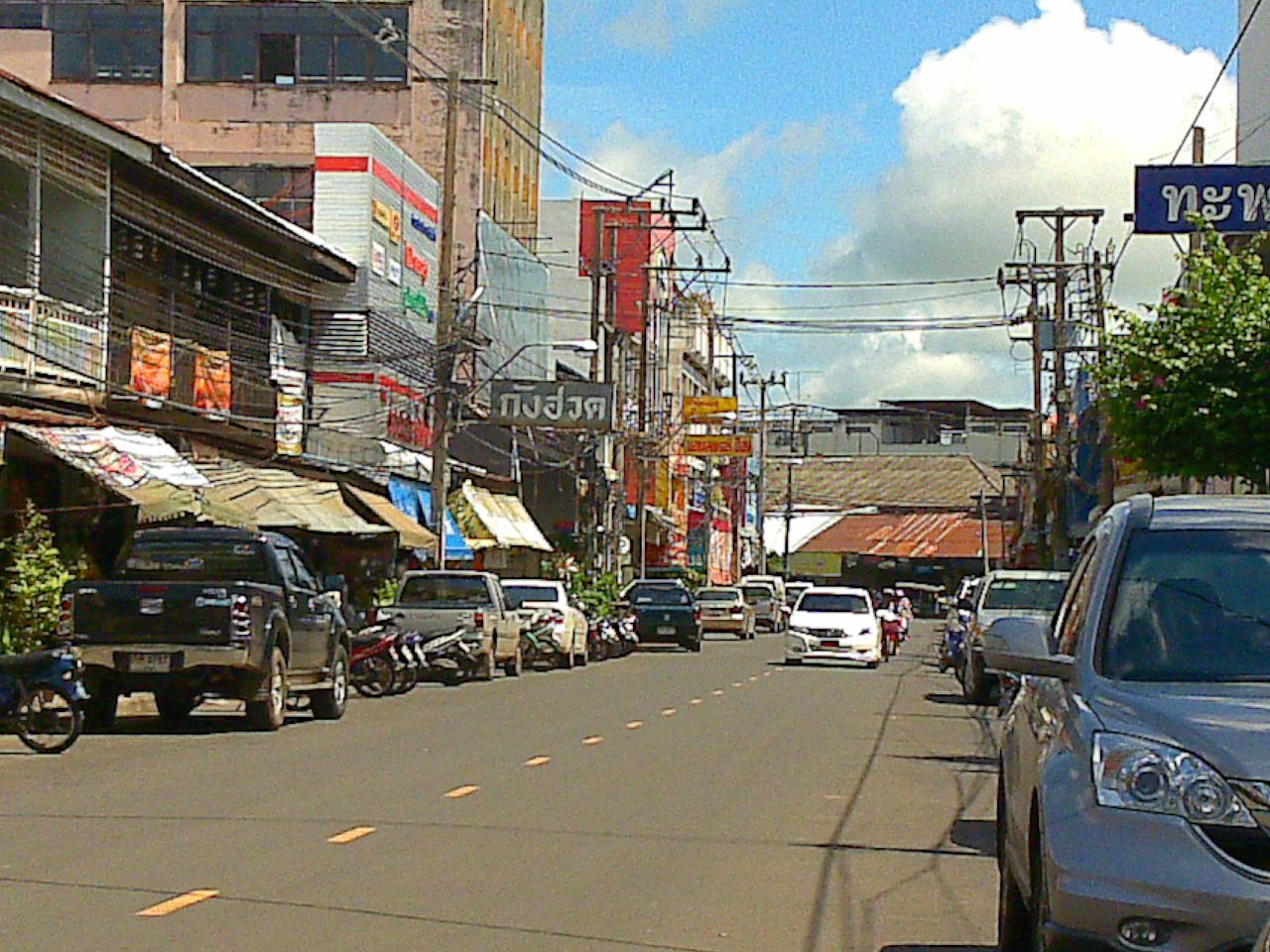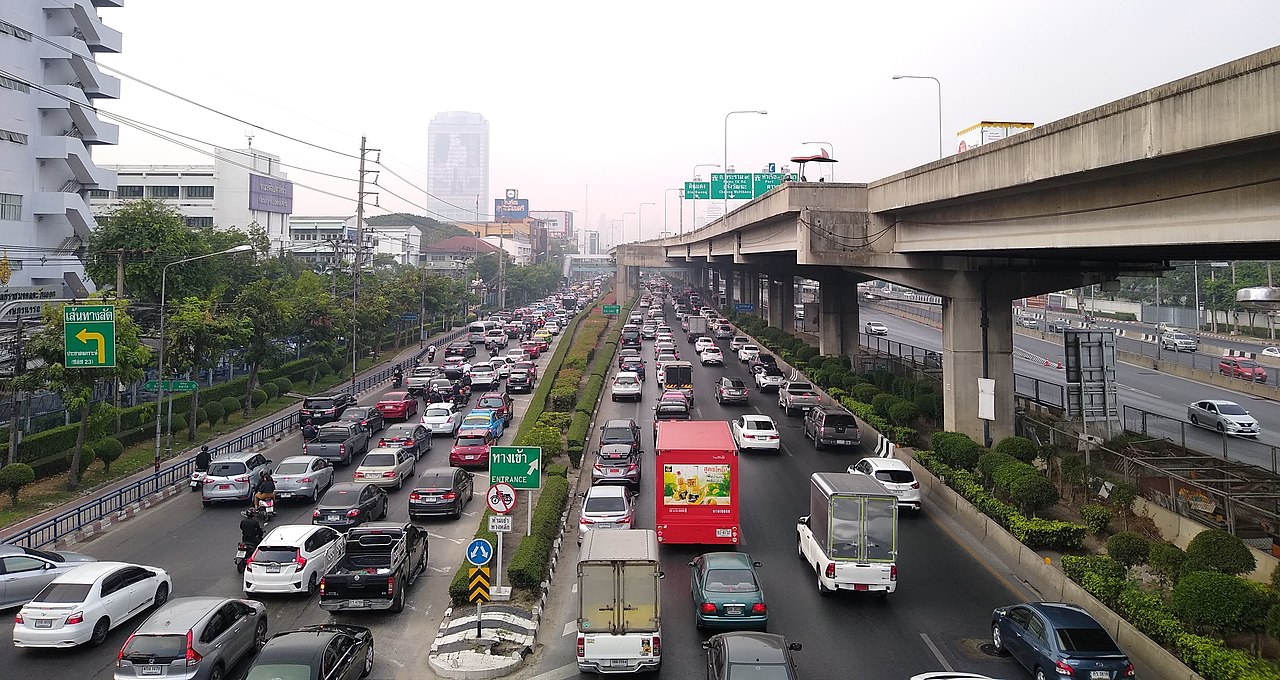Isolated social outcasts may pose a threat to humanity after all, scientists reported Thursday in PLoS Biology, so long as those outcasts are microbes. Researchers from the Universities of Manchester, Keele and Middlesex in the United Kingdom performed a meta-analysis, or a study of many other studies, going back 70 years. They calculated the mutation rates of 26 different species of microbes, including yeast, bacteria and viruses and found that while other factors did not have much affect, cells from less dense populations were ten times more likely to undergo mutation. They call this phenomenon “density-associated mutation-rate plasticity”, or DAMP.
“Spontaneous mutations fuel evolution, but when that mutation leads to something more serious, such as resistance to antibiotics, it becomes an issue. According to the World Health Organisation (WHO),” said senior author Dr Chris Knight, “if resistance continues rise, by 2050 it would lead to 10 million people dying every year.”
“What’s exciting about DAMP is that it requires protein molecules that do the same thing in very different microbes,” reported lead author Dr Rok Krašovec, “meaning that we can start to understand why mutation rates vary like this. This means that our results could be the first step towards manipulating microbial DAMP clinically as a way to slow the evolution of antibiotic resistance.”
This work expands upon a previous study that reported similar findings but only examined Escherichia coli bacteria.
According to the WHO, antibiotic resistance, which can develop in fungi, bacteria, viruses, or parasites, poses a major threat to global public health. When an organism becomes resistant to antibiotics, it becomes difficult or impossible to kill using the usual medicines. Antibiotic-resistant versions of serious diseases, such as tuberculosis and pneumonia, are involve longer hospital stays, a higher death rate and greater financial costs. Because antibiotic-resistant pathogens also attack the organisms that humans eat, they also pose a threat to food security.
Source: wikinews.org
Wikinews























+ There are no comments
Add yours